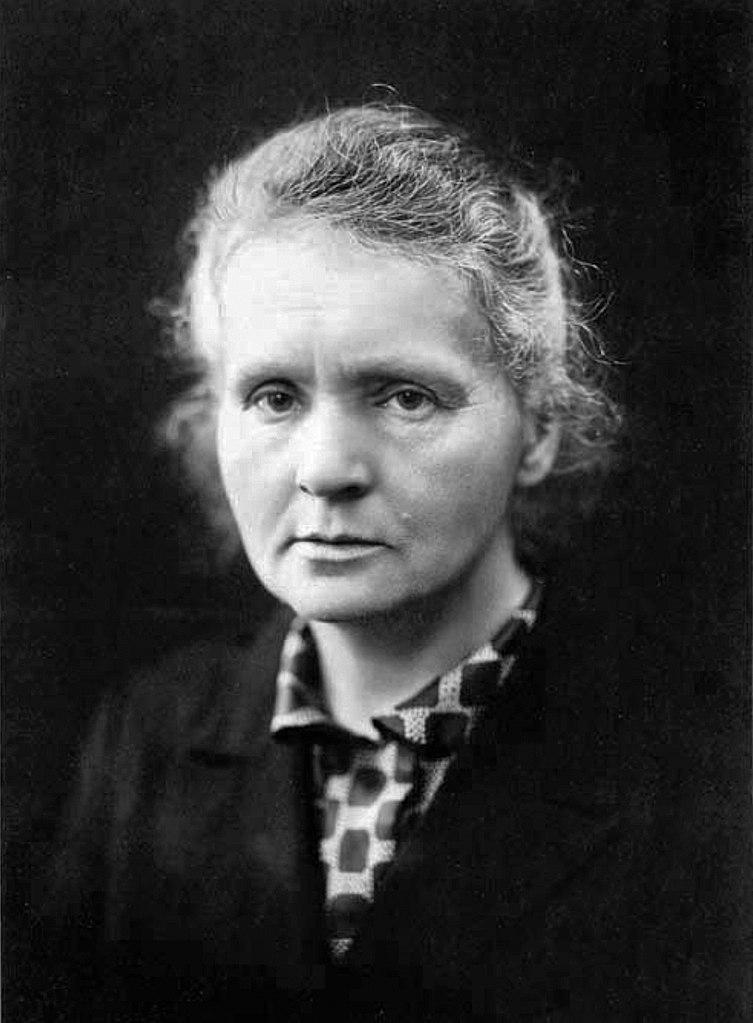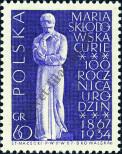
Marie Curie was a pioneering scientist who made groundbreaking contributions to the fields of physics and chemistry. Born in Poland in 1867, she moved to Paris to study at the Sorbonne, where she met her future husband Pierre Curie. Together, they conducted groundbreaking research on radioactivity, discovering two new elements - polonium and radium. This work earned them the Nobel Prize in Physics in 1903, making Marie the first woman to ever receive this prestigious award.
Despite facing discrimination as a woman in the male-dominated scientific community, Marie continued her research and made numerous important discoveries. She developed techniques for isolating radioactive isotopes and pioneered the use of radiation in medicine, particularly for treating cancer. Her work revolutionized our understanding of atomic structure and laid the foundation for modern nuclear physics.
Marie's dedication to science was matched by her humanitarianism. During World War I, she used her knowledge of radiology to develop mobile X-ray units that could be used on the front lines to diagnose injuries and save lives. She also established the Radium Institute in Paris, which provided training for female scientists and conducted groundbreaking research on radioactivity.
Marie Curie's legacy continues to inspire generations of scientists and women around the world.

